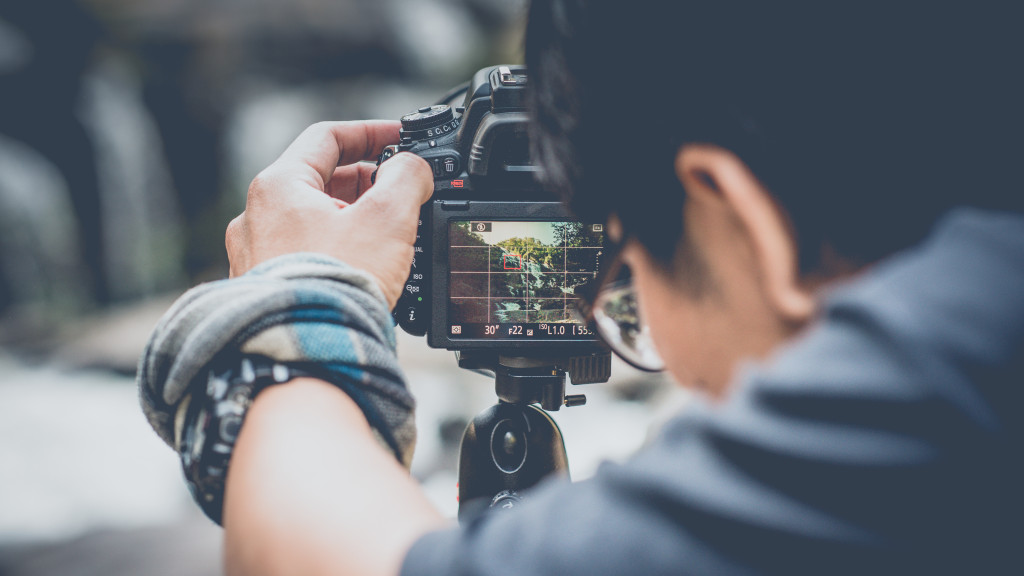Photos are deeply ingrained into our daily lives. When you pick up your phone, it shows you the wallpaper, which is most probably a picture. When you go out, pictures of products and brands are everywhere, from billboards to posters. Now, with the presence of social media, photos are infinite.
As of January 2020, there are 3.8 billion social media users worldwide. Every day, they spend an average of 2 hours and 24 minutes going through 8 social media applications.
In 2017 alone, 1.2 trillion digital photos were taken by smartphones, cameras, and tablets. What is more fascinating is that 85% of these photos were taken by smartphones, as their cameras continue to improve every year. There’s no doubt that more people could be taking photography as a profession, as the Bureau of Labor Statistics projects a 13% growth in full-time photographers from 2010-2020.
Advertising also relies heavily on pictures. Pictures convey a story, carry an image of the product of the brand, and captures attention. Online content with pictures performs 94% better compared to those with plain text. Additionally, at least 65% of people claim that they are visual learners. This is why companies invest in the best photographers and photo retouching experts to produce extraordinary and perfect pictures.
The world has gotten used to a life filled with pictures, but what would it be like if they weren’t invented?
A world without pictures
Reimagining a world without photos is difficult. One will have to think about replacements for billboards, photo albums, smartphones, etc.
Remembering memories and history would heavily depend on literature and paintings, but the difference would be drastic. Both of these platforms in art require the depiction of the artist. Hence, these products would be merely interpretations and questions about reality would easily take place. These would also take time to render, compared to digital images which can be viewed immediately. Not every moment will be captured, and capturing one moment would require a lot of time and resources.
Can you imagine not being able to look back at certain captured moments and feel the nostalgia? Without pictures, people wouldn’t know what their relatives looked like in the past. People couldn’t take pictures of birthdays, anniversaries, weddings, the new house, the new car, and all other significant milestones.
It’s a strange world, especially with how much we document our lives today. As Stephane Lavoie expressed in his Medium article, “Our shared photographs now create nostalgia in real-time.”
 Living in the moment
Living in the moment
The way we document everything in life has been criticized with how it interrupts with “living in the moment.” In 2014, experts coined the term “photo-taking-impairment effect” which is the inability to recall memories that haven’t been photographed. The primary concern of this effect is its tendency to exclude other sensory information because of how people live in the moment through pixels. This effect is also suspected to stem from the idea the people rely on technological memory to store these moments for them rather than the part of the brain responsible for keeping memories.
Our lives and these moments—whether documented or not—are ours to live. Even then, we’ve learned our lessons and established connections that matter to us.



